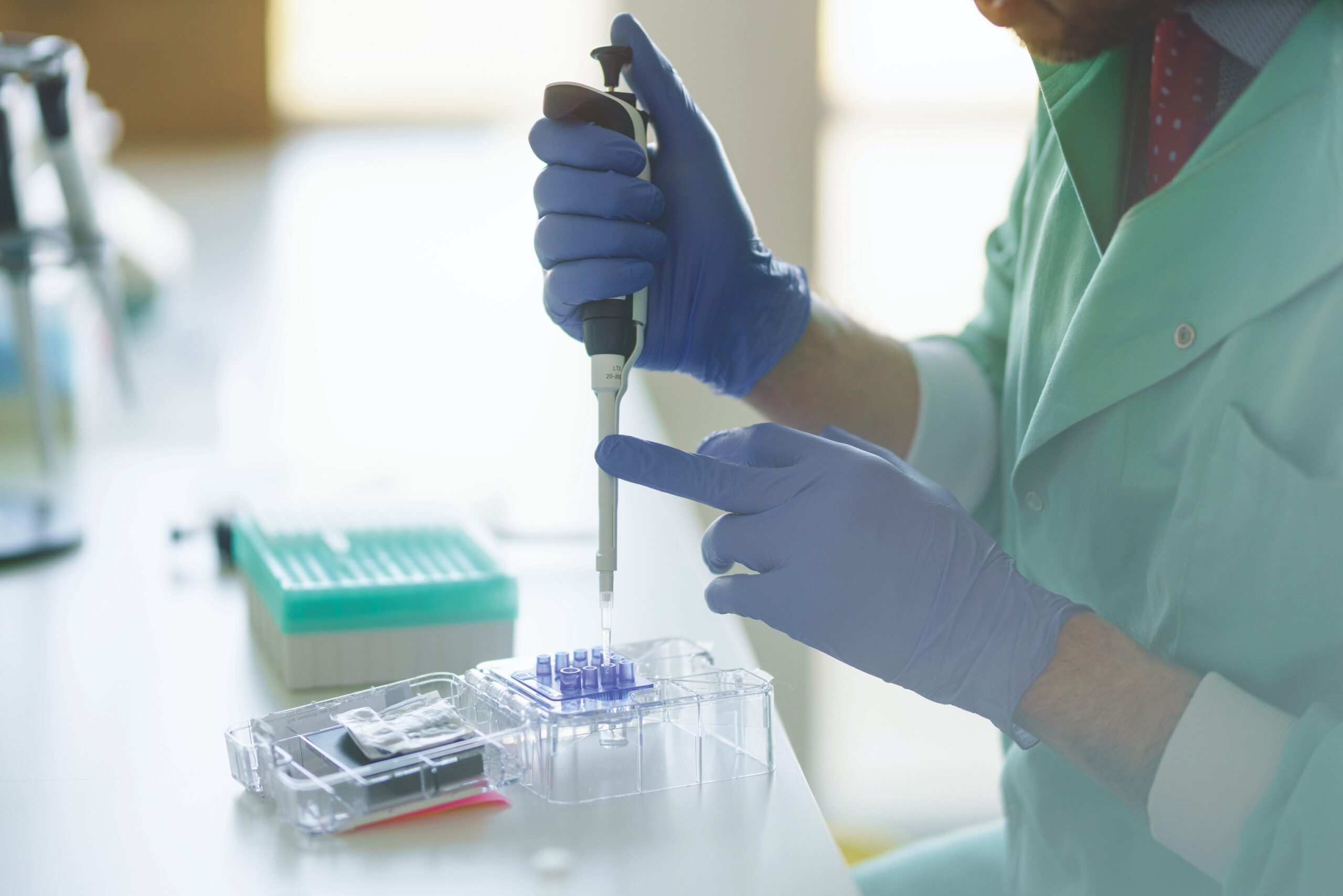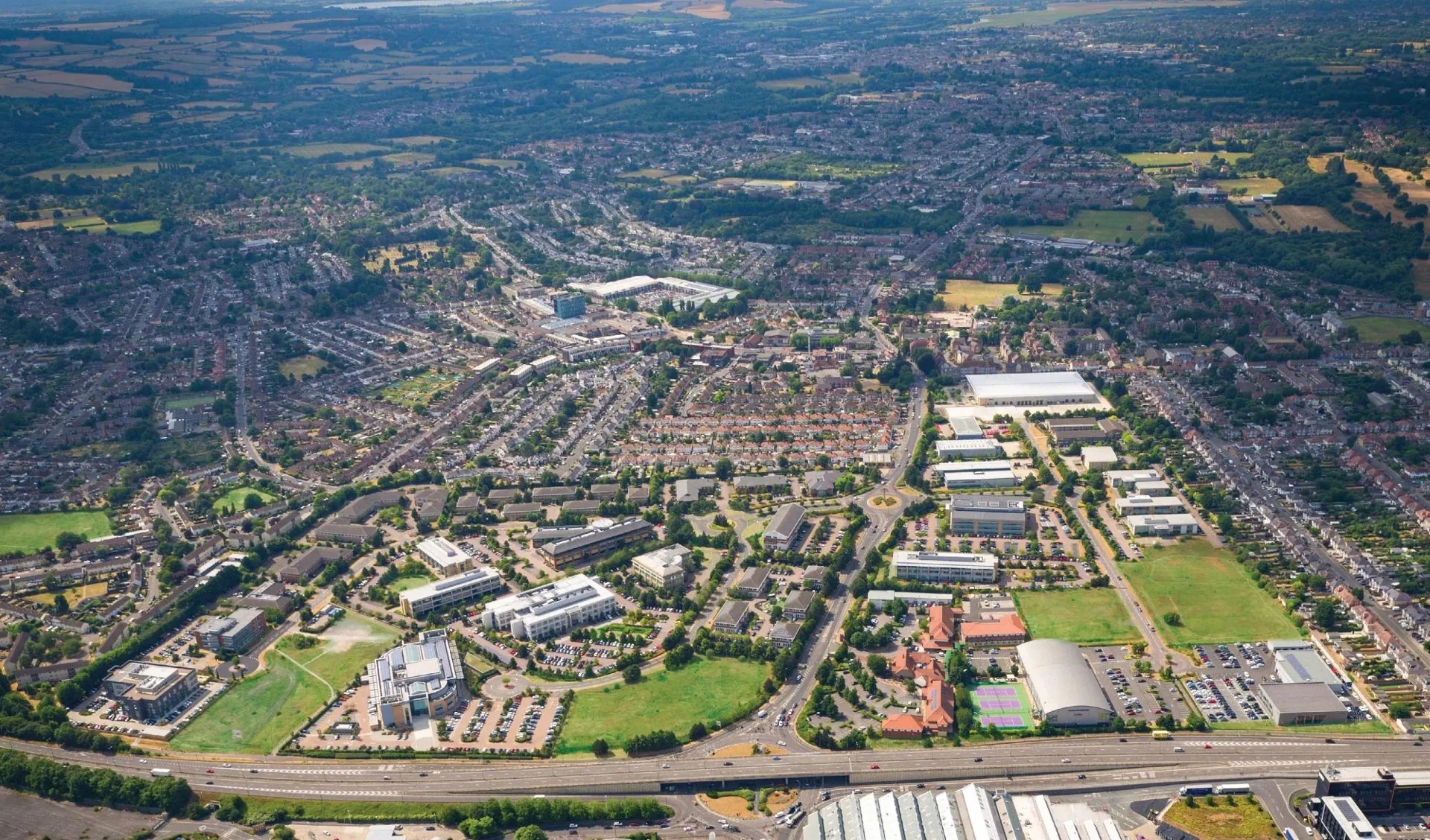The Scale Up Story of OMass at ARC Oxford
Discovering new drugs is not an easy field for a start-up — only one in ten drugs that make it to clinical trials come to market. ARC Oxford newcomer OMass Therapeutics is betting their future on succeeding where others have failed. The potential here is for faster drug development, including for conditions that have historically flummoxed scientists.
Founded in 2016, OMass is the result of a lifetime of scientific research by its founder, Oxford University professor Dame Carol Robinson. Her gentler version of spectroscopy allows for more accurate assessment of proteins and their environment, as they’re linked to various diseases. This insight should increase the chances for researchers to find drug molecules that bind to proteins involved in the diseases they’re targeting, and once found, help them determine if the drugs are working. We spoke to Hsin Loke, senior vice president of finance and operations and Miguel Silva, strategy director, about OMass’ journey from idea to fully funded scale-up.
OMass was founded in 2016. What stage are you at in your journey?
MS: We’re a small molecule drug discovery company with an ultimate aim of bringing new medicines to market. We have a drug discovery platform based on using native mass spectrometry and other biophysical approaches. The goal is to increase the
probability of finding drugs for rare diseases or immunological conditions. Right now we’re in the research stage, with the expectation that in a few years we’ll start clinical trials. This will lead to commercialising new drugs and ultimately, bringing medicines to patients.
Why did you decide to move to ARC Oxford?
HL: We started life as an Oxford University spin-out, and had our first lab with other university-linked start-ups at Begbroke Science Park. In 2018 we moved to the Schrodinger Building in Oxford Science Park. We were there until March 2023, when we joined ARC Oxford. We outgrew our space during lockdown — we are about 60 people at OMass now. We’d acquired a small company in Nottingham in early 2020 and were working across two sites. One advantage of moving to ARC meant we could bring the company together at one site.
We raised £75.5 million in 2022 which gave us the confidence and financial backing to commit to the extra space. At ARC we now have 16,000 sq. ft, giving our scientists much more room to work. We’ve been able to add a structural biology lab, a chemistry lab, and more space in the cold room. It gives everybody more space to do everything. Oxford is a thriving ecosystem for biological and life science companies and people. There’s a lot of competition for space and ARC gave us the right amount at the right time.
At one point you completely changed your business model — why?
MS: About five years ago, we pivoted from our original business model, which was to use our technology platform as a service for other companies. We decided to focus on developing our own drugs instead and become a biotech company. This was a big risk — we went from making revenue to needing a lot of investment, more people and more space. We’re not going to make money until one of our drugs comes to market, which could be ten years away. But we have a strong belief in our science and in our differentiated drug discovery platform. This is what ultimately made the investors come onboard: the idea that we could become a biotech with a difference.
HL: This pivot is ultimately anchored in the vision of our founders [Carol Robinson, Idlir Liko, Jonathan Hopper and Jason Yen]. It was their ambition right from the start: to use our technology to discover new medicines. The vision is driven by the desire to transform the lives of patients.
OMass Therapeutics’ journey at ARC Oxford illustrates the synergy of strategic vision and innovation in advancing healthcare. Reflecting the ambition of its founders, the company’s path highlights the significance of a supportive ecosystem for medical breakthroughs. For organisations and researchers motivated by OMass Therapeutics’ advancements and seeking to be at the core of Oxford’s innovation engine, ARC Oxford offers state-of-the-art, bespoke lab space designed to fuel groundbreaking research and development. Discover how moving to ARC Oxford can elevate your work by clicking here.
Stay up to date with the latest ARC Oxford news by following us on LinkedIn and Instagram.



